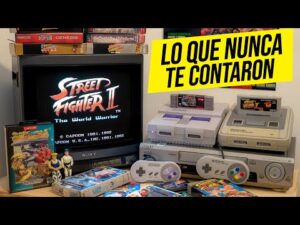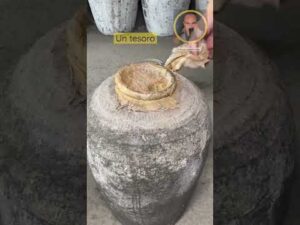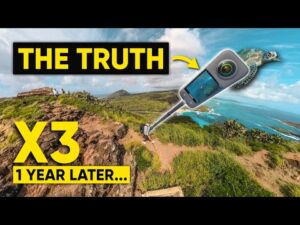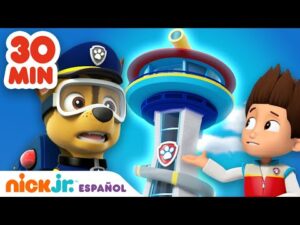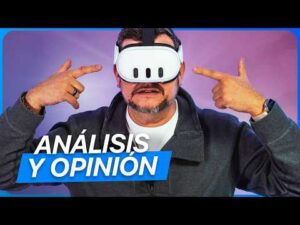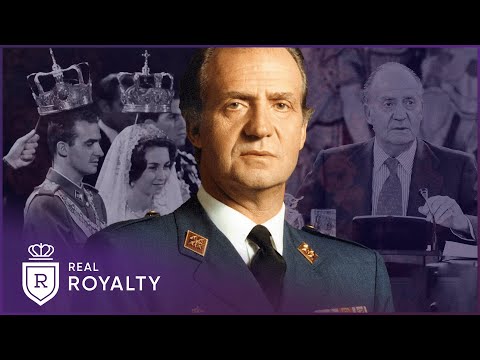
En este artículo, exploraremos la vida y el legado de Juan Carlos I, el rey de España que reinó durante casi cuatro décadas. Desde su ascenso al trono en 1975 hasta su controvertida abdicación en 2014, Juan Carlos I dejó una marca indeleble en la historia del país. Acompáñanos en este breve recorrido por la vida de uno de los líderes más influyentes de España.
What did Juan Carlos 1 do for Spain
Juan Carlos I of Spain: A Brief History
Juan Carlos I was the King of Spain from 1975 to 2014, when he abdicated in favor of his son, Felipe VI. He played a pivotal role in the transition from a dictatorship to a democracy in Spain and is widely regarded as having been instrumental in the country’s modernization and economic growth.
The early years: Juan Carlos was born in Rome in 1938, the son of the exiled King Alfonso XIII. He spent much of his childhood in Switzerland and later attended military academy in Spain. He was appointed as the Prince of Spain in 1969 and became the official heir to the throne in 1975, after the death of General Francisco Franco.
The transition to democracy: Juan Carlos played a key role in the transition from Franco’s dictatorship to a democracy. He was instrumental in the drafting of the new Spanish constitution and worked to ensure a peaceful transition of power. In 1981, he famously intervened to stop an attempted coup by military officers, which cemented his reputation as a defender of democracy.
The economic reforms: Juan Carlos was a strong advocate for economic reforms and worked to modernize the Spanish economy. He supported market liberalization policies and encouraged foreign investment in the country. Under his reign, Spain experienced significant economic growth and became a member of the European Union in 1986.
The controversies: Despite his many achievements, Juan Carlos was not without controversy. In recent years, he has faced a number of scandals, including allegations of financial impropriety and extramarital affairs. These controversies have led to a decline in his popularity and contributed to his decision to abdicate in 2014.
What is an interesting fact about Juan Carlos
Juan Carlos I of Spain was born in Rome, Italy on January 5, 1938. He was the grandson of Alfonso XIII, the last king of Spain before the Second Spanish Republic was established in 1931. Juan Carlos’ father, Don Juan de Borbón, was the heir to the Spanish throne but went into exile after the Spanish Civil War, leaving Juan Carlos to be raised in Spain by his mother, María de las Mercedes de Borbón y Orleans.
Juan Carlos was educated in Spain and later attended military school in Zaragoza. He went on to attend various military academies in Spain and the United States, including the General Military Academy of Zaragoza, the Naval Military School of Marín, and the Air Force Academy of San Javier.
In 1969, Juan Carlos was designated as the official successor to Spanish dictator Francisco Franco. After Franco’s death in 1975, Juan Carlos became the King of Spain and oversaw the country’s transition to democracy. He played a key role in the Spanish Constitution of 1978, which established a parliamentary monarchy in Spain.
One interesting fact about Juan Carlos is that he played a pivotal role in thwarting a coup attempt in 1981. On February 23 of that year, a group of military officers attempted to overthrow the Spanish government. Juan Carlos publicly denounced the coup and called on the military to stand down. His actions helped to prevent the coup from succeeding and cemented his status as a popular and respected leader in Spain.
How did Juan Carlos impact the world
Juan Carlos I of Spain is a historic figure who impacted the world in many ways. Born in Rome in 1938, he was the grandson of King Alfonso XIII and the son of Infante Juan, Count of Barcelona. Juan Carlos was officially proclaimed King of Spain on November 22, 1975, after the death of longtime dictator Francisco Franco.
One of the most significant impacts Juan Carlos had on the world was his role in Spain’s transition to democracy. During Franco’s regime, Spain was a one-party state with limited civil liberties. However, Juan Carlos worked to push the country towards democratic reform. He played a key role in the drafting of the new constitution, which was approved in a referendum in 1978. This marked the beginning of a new era of democracy and freedom in Spain.
Another major impact Juan Carlos had on the world was his role in international relations. He worked tirelessly to strengthen Spain’s relationships with other countries, particularly in Europe. He was instrumental in Spain’s accession to the European Union in 1986. Additionally, Juan Carlos played an important role in promoting peace and stability in Latin America, particularly during the 1980s and 1990s.
Throughout his reign, Juan Carlos was known for his commitment to social justice and equality. He was a champion of human rights and worked to promote equal opportunities for all Spanish citizens. He also played a key role in promoting environmental protection and conservation efforts in Spain.
En conclusión, la historia de Juan Carlos I de España es una fascinante y compleja mezcla de tradición, política y personalidad. Desde su juventud como príncipe heredero hasta su abdicación como rey, Juan Carlos demostró su compromiso con la democracia, la reconciliación y la modernización de España. Aunque no estuvo exento de controversias, su papel en la transición democrática española y su contribución a la estabilidad política del país son innegables. Hoy en día, su legado sigue siendo objeto de debate y reflexión, pero su lugar en la historia de España está asegurado.
